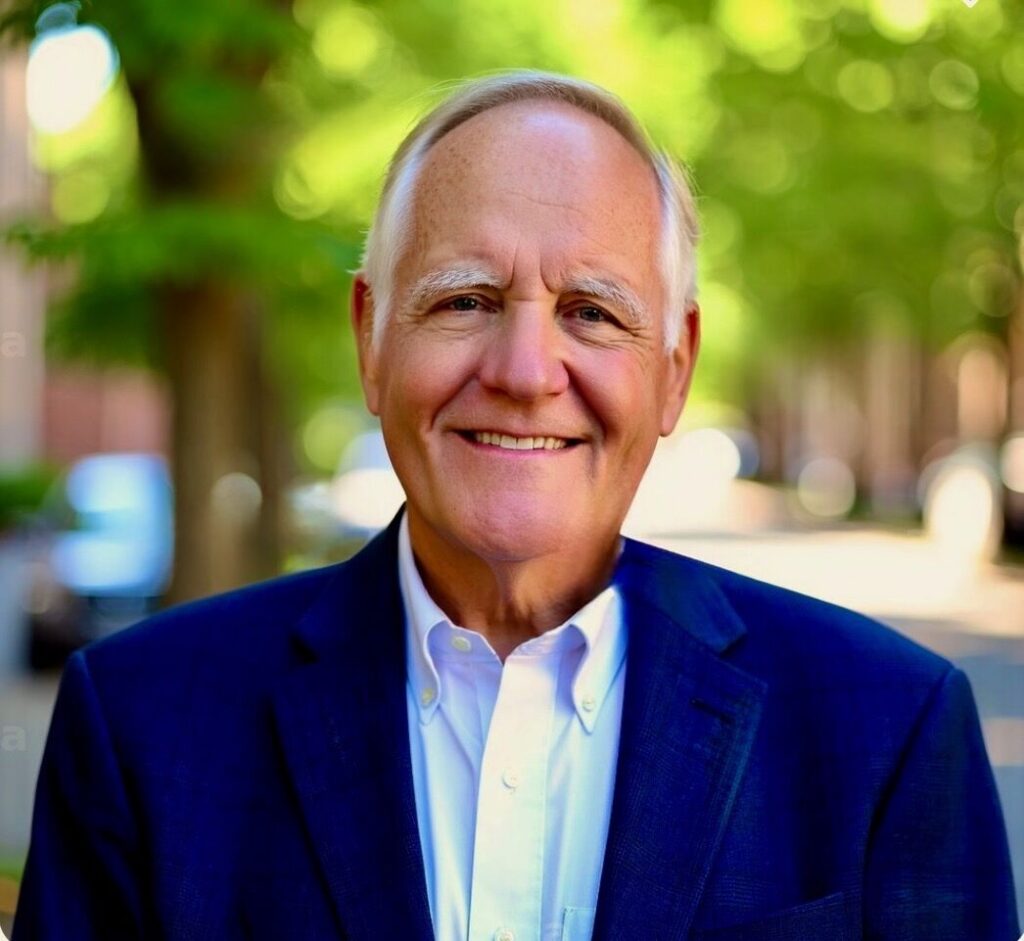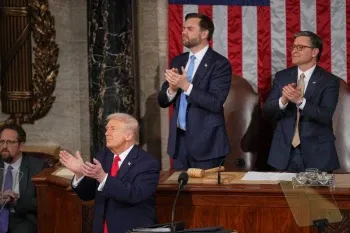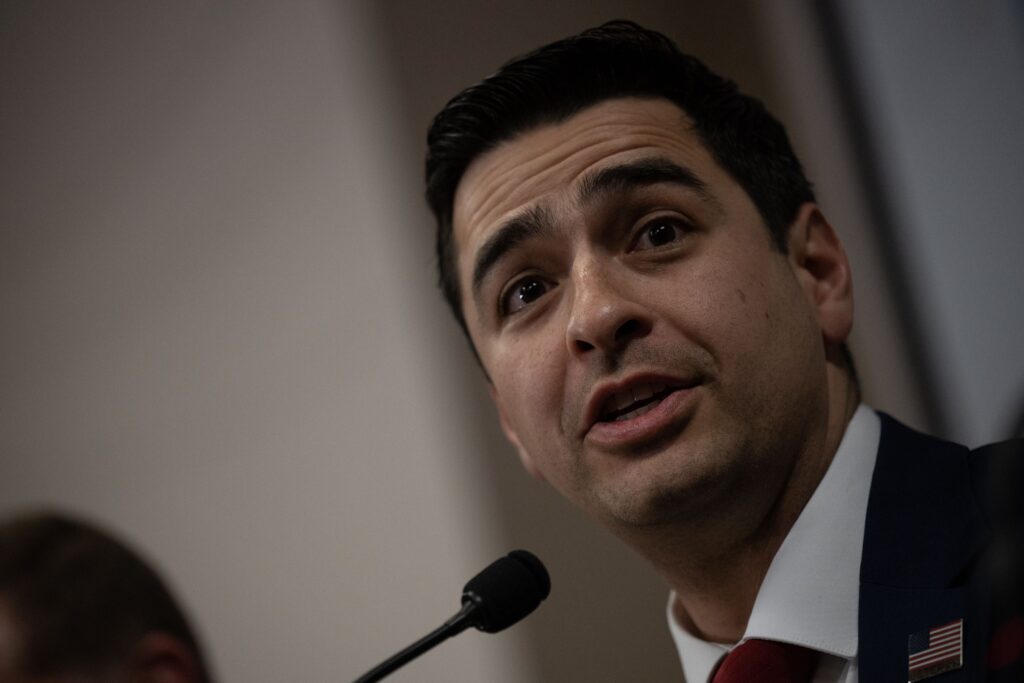Curtis: A rare opportunity to bolster the fight against cancer

There are more than 15 million cancer survivors in America today, with many benefiting from groundbreaking scientific discoveries in the prevention, early detection and treatment of cancer. Lifesaving cancer treatments have one thing in common — they begin with basic research often funded or conducted by the National Institutes of Health and the National Cancer Institute. These federal agencies sustain a pipeline of cancer discoveries in this country.
Right now, Congress is on the verge of giving a much-needed funding boost to lifesaving cancer research taking place at universities and in labs across the country. As a volunteer with the American Cancer Society Cancer Action Network, I am one of many in Colorado calling on Congress to vote to increase NIH funding. This is a crucial step in shoring up future progress against a disease that still kills more than 7,500 people living in Colorado every year.
Over the past decade, stalled funding and rising research costs have eroded the NIH budget and have jeopardized medical breakthroughs. Federal funding for medical research has dropped more than 24 percent in inflation-adjusted dollars since 2003, forcing cancer centers to halt promising clinical trials and drying up the grant pool relied upon by researchers. In 2013, only 17 percent of research applications were granted funding — down from 33 percent in 2003.
This atrophy has a tangible impact here in Colorado. More than 80 percent of NIH’s budget is dedicated to extramural research. This research, done in all 50 states, is critical to progress against cancer and drives local economic growth. According to NIH, in 2014 nearly $30 billion funded almost 50,000 research grants to more than 300,000 researchers at over 2,500 universities, medical schools and other research institutions in every state. In Colorado, NIH awarded $313 million in grants and contracts during Fiscal Year 2014. This money directly supported an estimated 6,136 jobs in the state and created nearly $1 billion in new economic activity.
Past federal investments have resulted in groundbreaking discoveries that have produced cutting-edge innovation in areas such as genetics, immunotherapy and personalized medicine will yield long-term economic and health benefits. This research offers hope to the millions of people who face cancer — hope for better treatments, for more opportunities to prevent and detect the disease early and for improved quality of life for those already diagnosed.
Congress has a rare chance to make a serious impact against cancer. At a time when this nation is divided on so many issues, here is a moment for lawmakers to stand together and make a difference on something that affects almost every person in this country. Cancer strikes one in two men and one in three women in their lifetimes. But thanks to innovative cancer treatments and therapies, millions of cancer survivors are living — and thriving — in America today. Congress should take this opportunity to increase cancer research funding and save even more lives.
Valerie Curtis is an American Cancer Society Cancer Action Network volunteer advocate. She lives in Denver.













